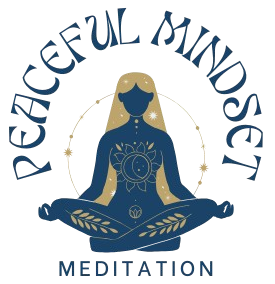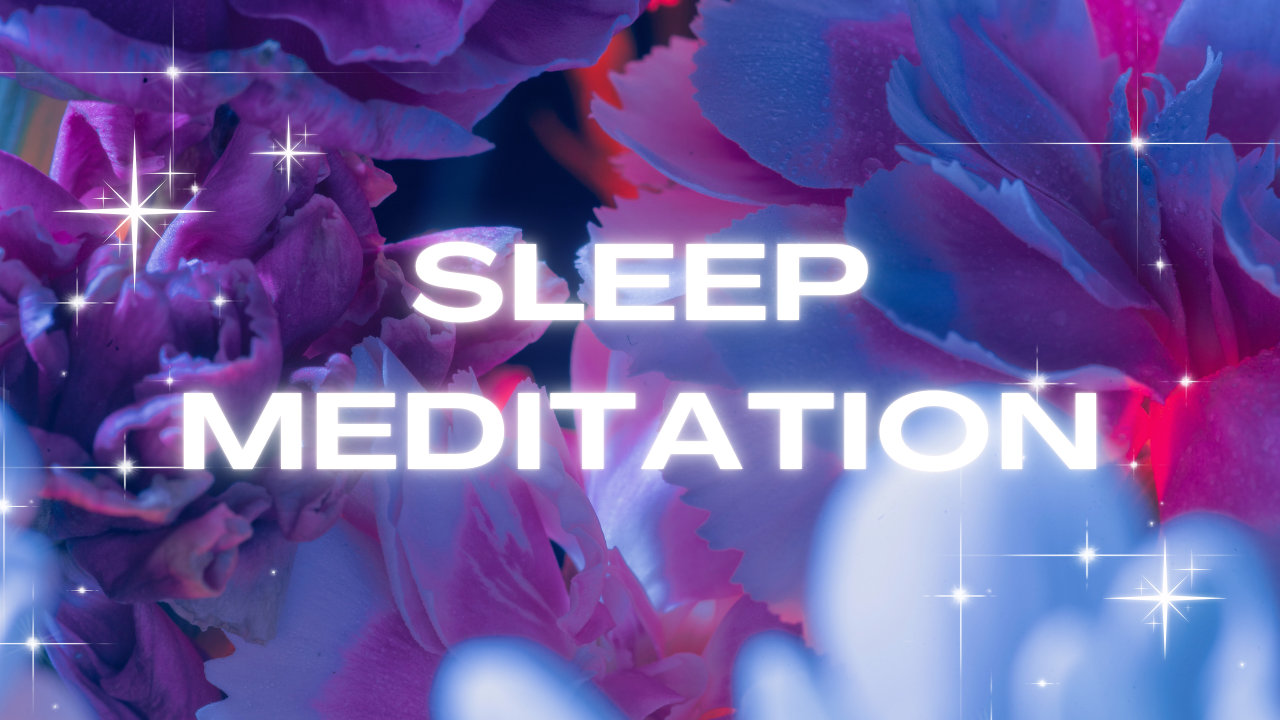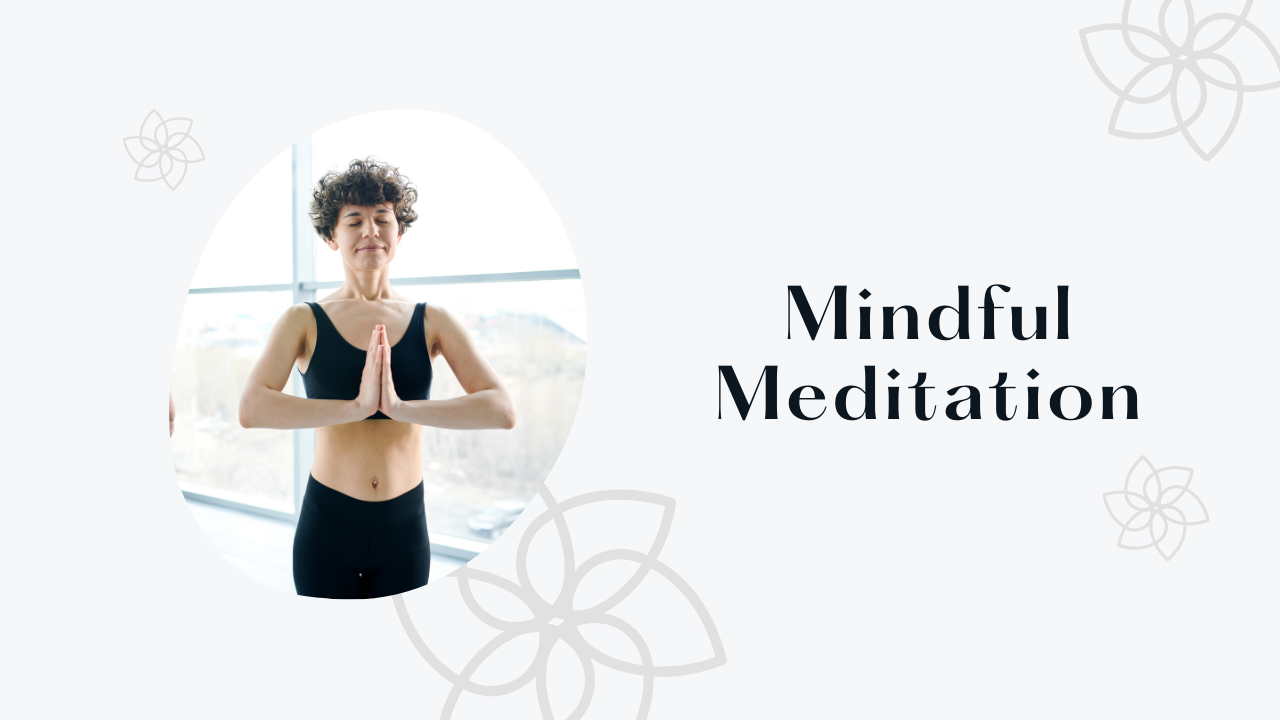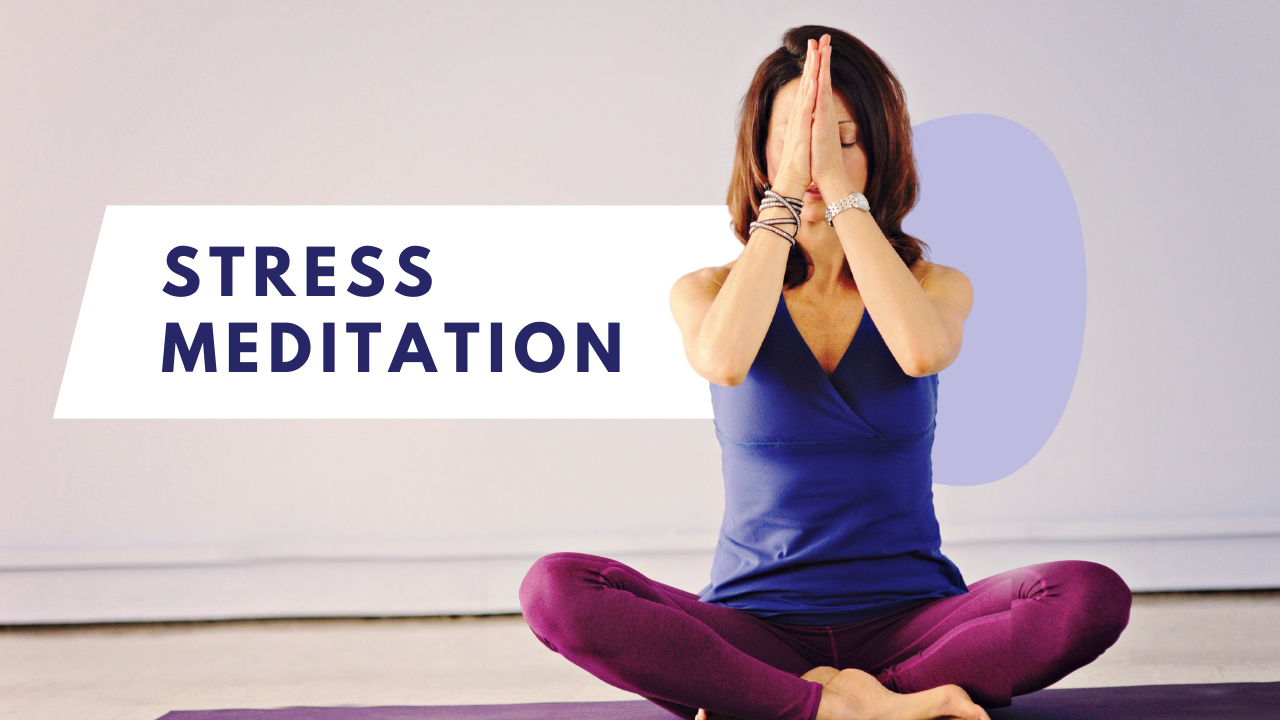Music Meditation: A Magical Journey to Inner Peace Through Sound
In today’s fast-paced and noisy world, finding stillness can feel nearly impossible. Our minds are constantly racing—from emails and social media to daily responsibilities and deadlines. Meditation offers a powerful antidote to this mental chaos, and when paired with music, it becomes an even more accessible and enriching experience. Welcome to the world of music meditation—a practice where calming sounds guide you into deep relaxation, emotional healing, and spiritual growth.
What Is Music Meditation?
Music meditation is a form of mindfulness or meditative practice that incorporates soothing music to help focus the mind, relax the body, and achieve a state of inner calm. Unlike traditional silent meditation, which can be challenging for beginners, music meditation uses gentle melodies and soundscapes to anchor your attention and make the experience more engaging.
It’s not about singing or dancing. It’s about listening deeply, letting the music guide your thoughts, emotions, and awareness inward. Music meditation can be practiced seated, lying down, or even while walking slowly and mindfully.
READ MORE: The Best Time to Meditate
How Does Music Meditation Work?
Music meditation works by combining the psychological and physiological effects of music with the calming benefits of meditation.
Here’s how it affects the mind and body:
1. Shifts Brainwaves
Calming music can help shift brainwave patterns from active (beta) to more relaxed states (alpha, theta, and delta). These states are associated with deep relaxation, reduced anxiety, and increased creativity.
2. Reduces Stress Hormones
Listening to relaxing music decreases cortisol, the stress hormone, and stimulates dopamine and serotonin—the “feel-good” chemicals in the brain.
3. Regulates Breathing and Heart Rate
As your body tunes into the music’s rhythm, your breathing slows down and becomes more regular. This leads to a drop in heart rate and blood pressure, promoting physical relaxation.
4. Enhances Focus and Presence
The music acts as an auditory anchor, helping you stay present and gently redirecting your thoughts when your mind wanders.
Benefits of Music Meditation
Whether you’re meditating for spiritual growth, emotional balance, or mental clarity, music meditation can provide a wide range of benefits:
1. Reduces Anxiety and Depression
Music meditation can ease symptoms of anxiety and depression by calming the nervous system and promoting positive emotional states.
2. Improves Sleep Quality
Listening to calming music before bed can help you fall asleep faster and sleep more deeply.
3. Enhances Concentration and Focus
Gentle background music during meditation can train your brain to stay focused, which helps in everyday tasks too.
4. Boosts Emotional Healing
Certain types of music can help you process grief, sadness, or emotional trauma in a safe and comforting way.
5. Supports Spiritual Growth
Many people find that music meditation deepens their spiritual practices by helping them feel more connected to their inner self or the universe.
Choosing the Right Music for Meditation
The effectiveness of your meditation session depends greatly on the music you choose. Here are some types that work well:
1. Nature Sounds
Waterfalls, ocean waves, rain, or birdsong help you feel grounded and connected to the earth.
2. Instrumental Music
Soft piano, flute, harp, or guitar melodies can soothe the mind and promote introspection.
3. Binaural Beats and Solfeggio Frequencies
These are sound frequencies designed to influence brainwave activity, often used in deep healing or focus-based meditation.
4. Tibetan Singing Bowls and Chimes
These ancient instruments produce vibrations believed to balance energy and clear emotional blockages.
5. Ambient or Ethereal Music
Non-rhythmic, spacious soundscapes help promote stillness and timelessness during meditation.
Pro Tip: Avoid music with lyrics, loud transitions, or distracting rhythms during meditation, especially if you’re a beginner.
How to Practice Music Meditation (Step-by-Step)
Here’s a simple beginner-friendly guide to get you started:
1. Set the Space
- Find a quiet and comfortable location.
- Dim the lights or light a candle.
- Use headphones or a good-quality speaker.
2. Choose the Right Music
- Pick music that matches your intention: relaxation, focus, sleep, etc.
- Start with 5–10 minutes and gradually increase as you become more comfortable.
3. Get Comfortable
- Sit on a cushion, chair, or lie down.
- Keep your spine straight but relaxed.
- Close your eyes to reduce distractions.
4. Focus on the Sound
- Let the music be your guide.
- Notice the tones, textures, and rhythms.
- When your mind wanders, gently bring your attention back to the sound.
5. Observe Thoughts Without Judgment
- Thoughts may arise—don’t fight them.
- Acknowledge them, then return to the music.
- Let the sound pull you deeper into the present moment.
6. Breathe Naturally
- Let your breath flow without forcing it.
- You can also synchronize your breath with the rhythm of the music.
7. End Gently
- When the music ends, take a few deep breaths.
- Slowly open your eyes.
- Take a moment to reflect or journal about your experience.
Music Meditation for Different Goals
You can tailor music meditation to fit your mood or intention. Here are some examples:
- For Anxiety: Use slow, calming music with deep tones and nature sounds.
- For Energy: Try gentle upbeat tracks with light percussion.
- For Sleep: Use ambient soundscapes or soft piano lullabies.
- For Healing: Experiment with Tibetan bowls or solfeggio frequencies.
- For Spirituality: Use mantras, chanting, or sacred music from various cultures.
Final Thoughts
Music meditation is more than just relaxing—it’s transformative. It offers a doorway to stillness and self-awareness that’s both gentle and powerful. Whether you’re a beginner looking to calm your mind or a seasoned meditator exploring new depths, integrating music into your practice can open your heart and mind in beautiful ways.
So, put on your headphones, close your eyes, and let the healing power of sound carry you inward. Your journey to peace starts with a single note.






